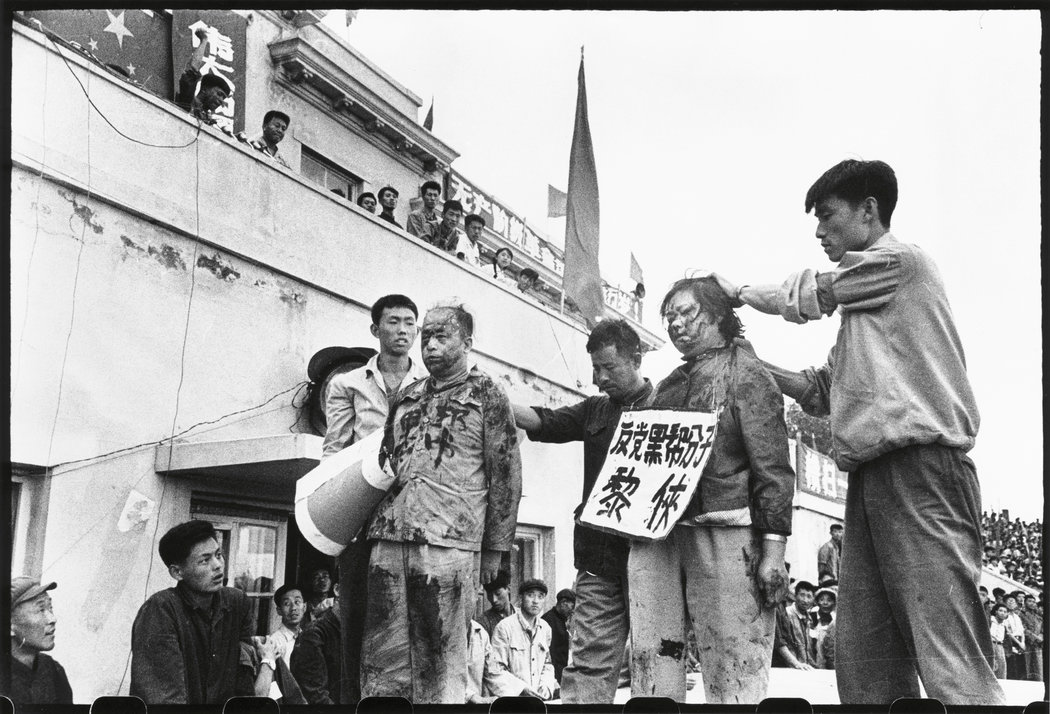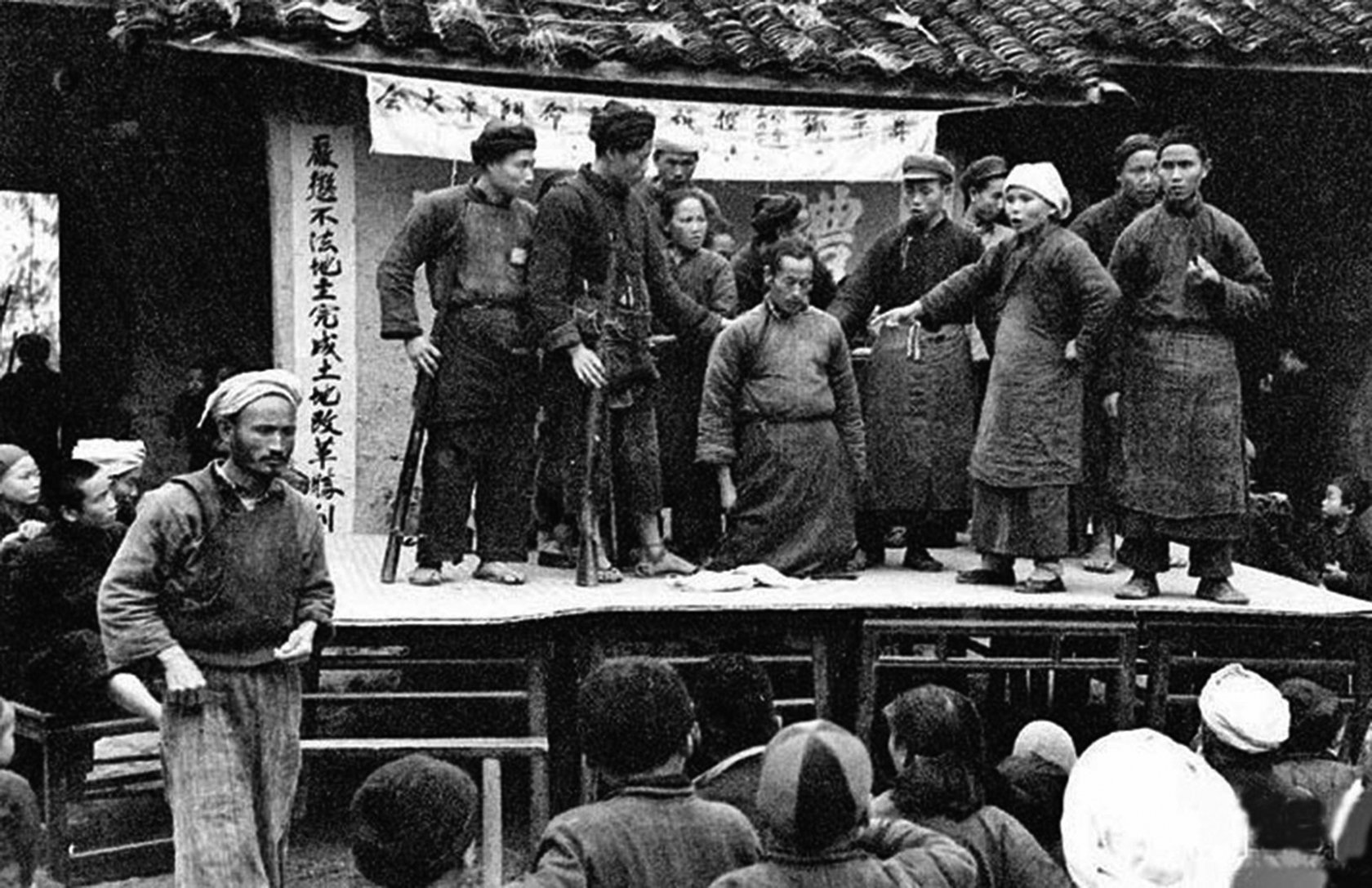Reading Response(10.02) Email: jp7228@nyu.edu
The Generation of Postmemory
Hirsch define postmemory as “Postmemory is not identical to memory: it is ‘post’ …… it approximates memory in its affective force and its psychic effects.” (Hirsch, pp.31)
Postmemory involves the way in which these subsequent generations inherit memories of events they did not directly live through but that have been transmitted to them through stories, images, and cultural representations. It seems to make descendants feel the trauma indirectly by listening to the formers.
Talking about postmemory, I would like to share a postmemory from my personal experience, or should I say the personal experience of my ancestors:
China went through a decade-long Cultural Revolution, which was certainly a traumatic experience for Chinese people living from 1966 to 1976. The Cultural Revolution targeted intellectuals, dizhu(landlords, landowners, I use “dizhu” here because I’m afraid that some of the words translated might be ambiguous), merchants, monks, nuns, priests, old people, children, etc. The “Justices” (so-called advocates of justice) would pull these people out and tie them up on a stage, hang a heavy board around their necks, and write their ” sins” on it with paint. The people below the stage would throw rotten vegetables and rotten eggs at them in order to pidou(criticize and struggle, same as the word “dizhu”). After criticizing them, the “Justices” would take away all their belongings and houses, smashing them up or making them government-owned. The “sinners” would be thrown into the cowsheds and pigsties for a long period of time, where they would be treated worse than animals. I learned about this history in two different ways – through the study of Chinese history and culture, and through the stories that my mum told me. However, my mom also learned about this history through her parents. My grandfather, a man who lived during this period. His parents had five children, and he was the second oldest among them. His family was a local dizhu at the time. After the whole family was “pidoued”, they went from being rich to beggars. My grandfather’s eldest brother had high self-esteem and was not willing to do the work of begging for food, while his younger siblings had either just learned to walk or were still breastfeeding, and his parents were the most seriously injured in the criticism. As a result, my grandfather had to go begging by himself, bringing home money and food for his family.
(The photos come from Google, and this is how pidou does)
I’m not bringing up this history or this story to criticize the government or make any political comments. It’s just that we all know it was the wrong period, and as we mentioned in the previous reading materials, trauma is often historical and political. Like what Hirsch suggests “It is this presence of embodied and affective experience in the process of transmission that is best described by the notion of memory as opposed to history.” (Hirsch, pp.33). I can remember when my grandpa recounted this experience acting like it was such an insignificant thing. I can visualize the scene how my grandpa going through it, but I can’t imagine how traumatic it was for him, or for his family. As the experience passed from him to my mom and to me, it already became an emotional connection.
As what Hirsch metions “one could say that for the postgeneration the screens of gender and of familiality……between the generation of witnesses and survivors and the generation after.” (Hirsch, pp.48). The story I’m trying to share really seems to undercut its great traumatization by the way those former told it as if it were a story. I don’t survive that time period, so I don’t get to empathize with the tragedy that my grandfather went through. But every time I mention the story, I always combine what I’ve learned about this period of history with some of the images I’ve seen before to create a very clear vision in my mind.

